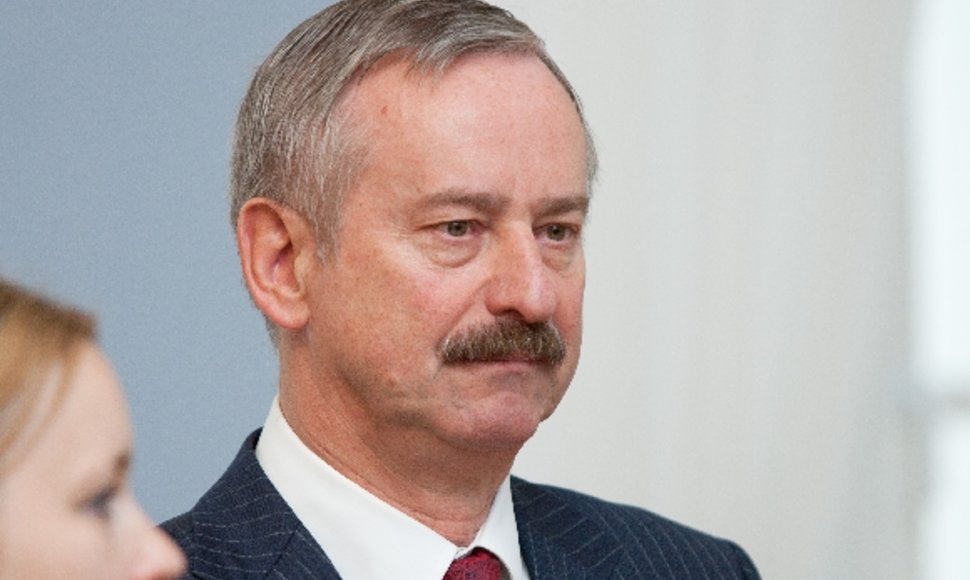There is general agreement on the objectives of the single airspace, which are to improve flight safety, increase capacity and reduce pollution, but it is difficult to assess if the reforms are bringing benefit to transport, the minister thinks.
"However, the ministers drew attention to the possibility of assessing the results of the implementation of the existing Single European Sky initiative regulation. All the more so because they are just starting to give practical benefit. Therefore, the true scale and impact of the reforms in practice may become clearer later," he said at a news conference after an informal meeting of EU transport ministers in Vilnius on Monday.
Sinkevičius said that the ministers were also cautious about the proposal to unbundle support services from air traffic control services.
"The ministers were cautions about the Commission's proposal to separate additional services from general air traffic control services in order to give an opportunity for member states to provide these strategically-important services under market conditions," he said.
EU Transport Commissioner Siim Kallas said that the single sky proposal put forward by the European Commission in July was ambitious, but agreements needed to be reached first.
"The proposal was quite ambitious and includes a lot of details, such as separation of supervision from service provision, and also various possibilities to separate services. And all these are sensitive proposals. I think the mood today was directed to pragmatic work," he said at the news conference.












